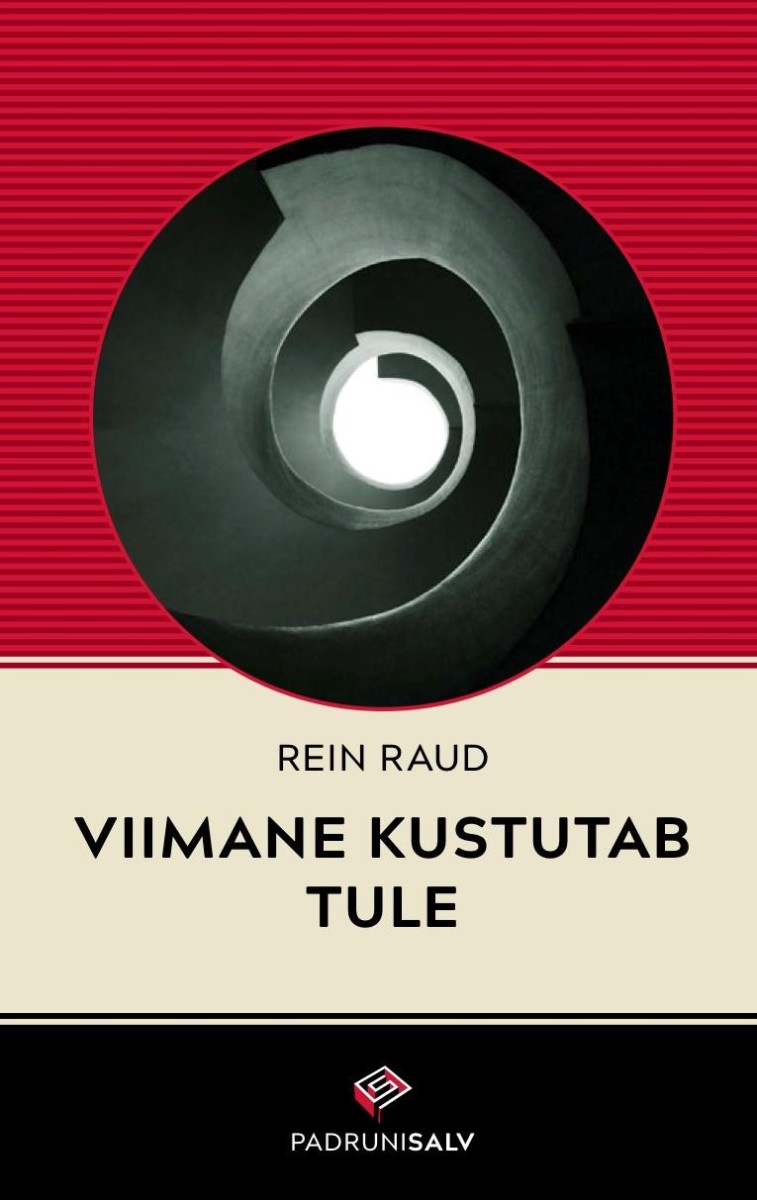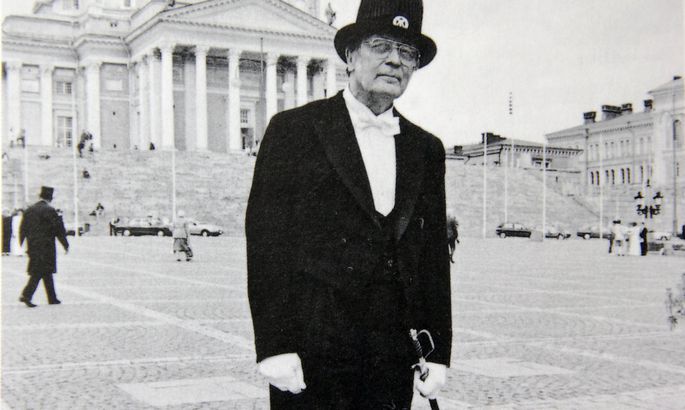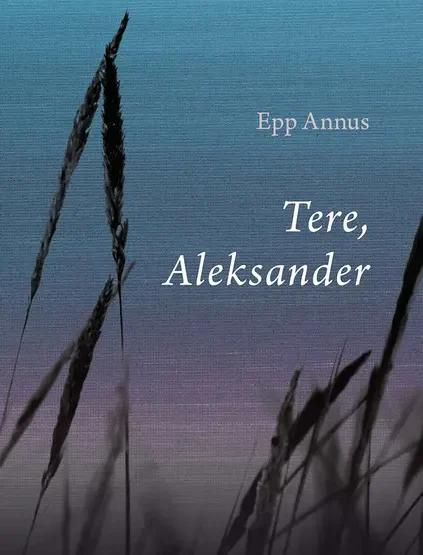Salv, 2018. 192 pp.
ISBN 9789949887408
Rein Raud is an author riveted by society. In addition to writing prose, poetry, and drama, he is widely known as a polemical critic of Estonian journalism. Yet if the topic at hand concerns greater problems spanning generations and transcending society, Raud does not restrain himself to a mere opinion pieces: he addresses the issues in literary form.
Last One Turns Out the Light is a novel in which sci-fi enthusiasts will see sci-fi, but politics enthusiasts will find a political thriller. The book is also highly enjoyable in terms of language and style.
Raud himself has said he believes good literature shouldn’t have to be dull. He’s similarly remarked that good writing is more important than genre. It’s certainly worth taking these two standpoints into account when delving into the author’s new book.
The plot, which is seemingly realistic at first and centers on a female Estonian journalist, goes into full gear with a scene that is unusually shocking for Estonian literature: the Prime Minister of the Republic of Estonia is murdered. And if only it were some kind of “ordinary” murder! But no: while delivering a press conference, the politician is bitten to death by a crazed religious fanatic who has sharpened his teeth using a file meant for medical scalpels!
The incident sets off an electrifying chain of events in which the author has an opportunity to address the dangers and woes troubling not only Estonia, but Western society as a whole. How much honesty and disclosure can society take? Is democracy real, or are there forces channeling the opinions of dim-witted masses into suitable troughs? Does freedom possess an individual virtue, or should people be protected from such destructive urges?
Last One Turns Out the Light circles the conspiracy-theory notion of the “deep state” that has broken into public discourse over the last few years, and causes readers to question: So what if it really exists? That’s the catch Raud sets for his reader. He directs attention to the point that outweighing the question of whether the deep state (or, for that matter, any of the other conspiracy theories that go around) is real or fantasy is the fact that you can always find people who believe such things. In this way, our society is affected by fantasies, fears, and fabrications that might have no other foundation than the fact that there exist people who base their behavior on such notions. Likewise, what is reality? Is the truth really out there, or is even that concept merely a specter that our troubled brains have conjured up?
Nevertheless, Raud doesn’t get very grim in his treatment of the issues. The novel is stylistically light, fast-paced, and pleasantly fluid. The author puts quite a few spins on several of the ideas, leaving the reader with a gnawing sense of unease that strengthens the work’s grounding in true-to-life present-day Estonia.
It’s worth mentioning that Raud has promised a sequel to Last One Turns Out the Light, in which the entire plot of the first work is observed from a different perspective. Whereas the first book focuses on an investigative journalist, the author has revealed the next will view the events through the eyes of the secret service.
Peeter Helme is an Estonian writer and journalist. Helme has published six novels, his latest novel Swastika and Time Weapon was published early in 2019.





